Although various home remedies for pinworms are often shared, they’re based on anecdote rather than proven science. Over-the-counter pyrantel pamoate or prescription antiparasitic drugs are effective options, while home approaches might provide limited symptom relief.
Pinworm infection (Enterobius vermicularis) is the most frequently diagnosed intestinal worm infection in the United States.
It commonly affects school-aged children and can cause marked irritation and disruption to daily activities.
If someone in your household has pinworms, it’s important that everyone in the home be treated, since the infection spreads easily.
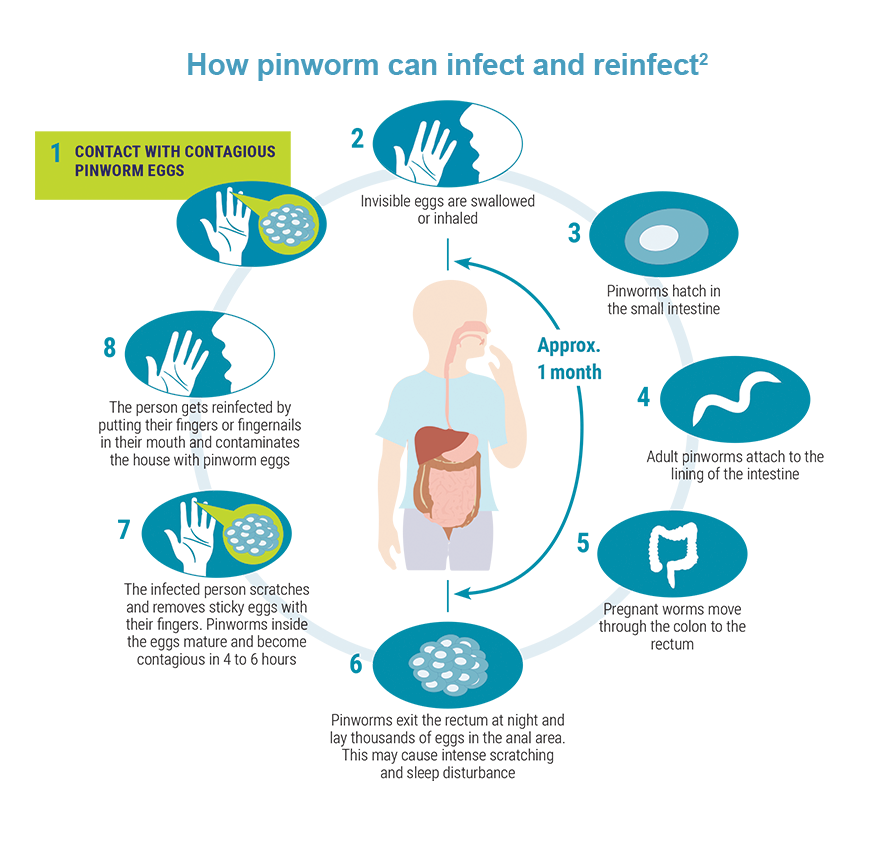
Are there home remedies for pinworms?
Although a number of home remedies are touted for treating pinworms, they are not recommended as a primary treatment. There is no reliable scientific evidence supporting these home remedies; most support is anecdotal.
While these approaches are usually safe for many people, you should consult your healthcare provider before trying them, and they should not replace formal diagnosis and treatment. They may, however, be used as complementary measures alongside medical care.
If you have known allergies or sensitive skin, be cautious when testing home remedies. If concerned about a reaction, try the substance on a small patch of skin before applying it to the affected area.
Below are three commonly suggested home remedies that some people use for pinworms.
Raw garlic
Many people believe raw garlic can destroy pinworm eggs or prevent female pinworms from depositing more eggs. Although evidence doesn’t confirm this, garlic may still offer other health benefits that support general wellbeing during an infection.
You can consume garlic in small amounts or apply it topically as a salve. To eat it, mince a clove and add it to pasta or on bread, or consume it raw if you prefer.
To make a topical salve, mince several garlic cloves and mash them into a paste. Blend the garlic paste with a little petroleum jelly or another carrier oil. Using a clean cotton swab, apply the mixture to the anal area.
Avoid topical garlic if you have sensitive skin, a burning feeling, broken skin, hemorrhoids, or inflammation.
Coconut oil
Coconut oil is sometimes credited with antibacterial and antiviral qualities.
Some people claim those properties may help address pinworm infections.
Suggested use includes:
- Taking a teaspoon of pure coconut oil each morning.
- Applying a small amount of coconut oil to the affected area before bedtime.
Using coconut oil in this way is generally safe for most, but keep consumption moderate since it is calorie-dense and high in fat.
Raw carrots
Some people eat a cup of raw, shredded carrots twice a day hoping the roughage will help move worms through the digestive tract.
Carrots are high in fiber, which can aid digestion and promote bowel movements. Even though there’s little scientific backing for this specific claim, carrots are nutritious and can contribute to overall health.
When to see your doctor
If you suspect you or someone close to you has a pinworm infection, seek treatment promptly. Pinworms spread easily, and postponing care increases the risk to others.
If you decide to try a home remedy, discuss it with your doctor to determine whether it’s safe to use alongside prescribed treatments.
Contact a healthcare professional if:
- Your symptoms continue
- You have abdominal cramps
- You notice blood in your urine or stool
A clinician can identify the cause of your symptoms and verify whether the infection persists.
Even if you think the infection is resolved, follow up with your doctor to confirm clearance.
How are pinworms typically treated?
Pyrantel pamoate is included in many over-the-counter (OTC) remedies for pinworms, and stronger prescription options are available.
Your clinician may recommend a two-dose course of mebendazole or albendazole to eradicate the infestation. The second dose is usually given a few weeks after the first.
You’ll also need to adopt stricter personal hygiene and household cleaning practices. Consider these measures:
- Wash your hands frequently.
- Keep fingernails trimmed and avoid nail-biting.
- Wear snug-fitting underwear.
- Wash underwear in hot water daily.
- Change sleepwear regularly.
- Mop or vacuum floors throughout the home.
- Launder all sheets and bedding in hot water.
Tips for prevention
Regular handwashing with soap and warm water is the best method to prevent reinfection. Be sure to wash your hands:
- after using the toilet
- after changing diapers
- before eating
- before touching your mouth
You may also want to keep fingernails short. Pinworm eggs can lodge beneath nails and later be ingested if hands aren’t washed properly. Short nails reduce this risk.
Learn more about pinworm infections and ways to avoid them.
Takeaway
Although home remedies are not proven to eliminate pinworm infestations, you might try them to relieve symptoms or as a supplement to medical therapy.
People sometimes use garlic, coconut oil, and raw carrots in attempts to address pinworms. While scientific evidence does not show these approaches clear an infection, they may help reduce discomfort.
Always consult your healthcare provider if you suspect a pinworm infection.

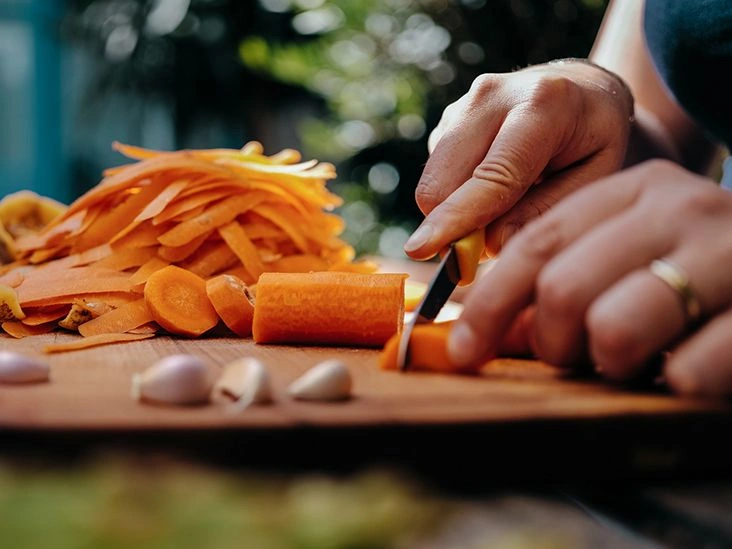



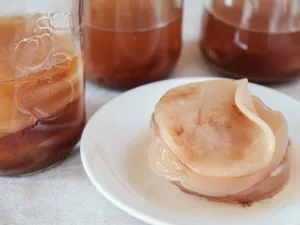




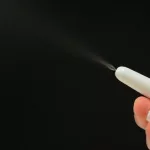


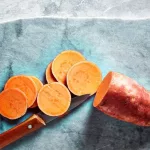

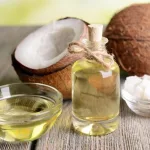








Leave a Reply
You must be logged in to post a comment.